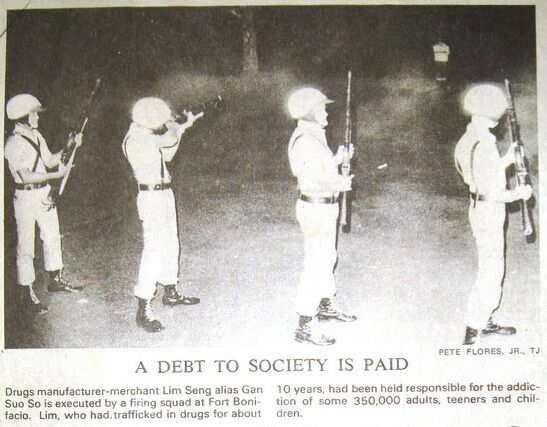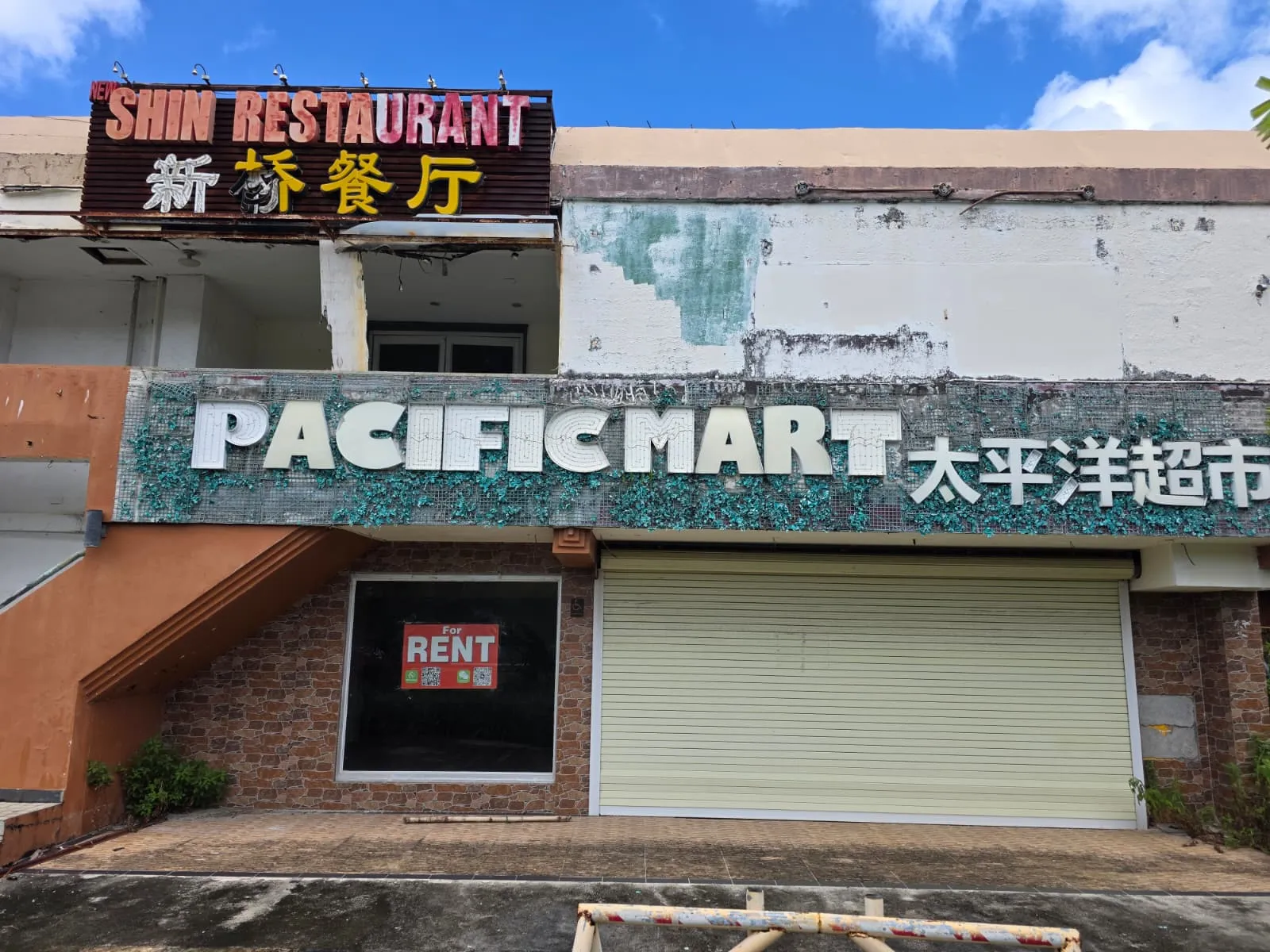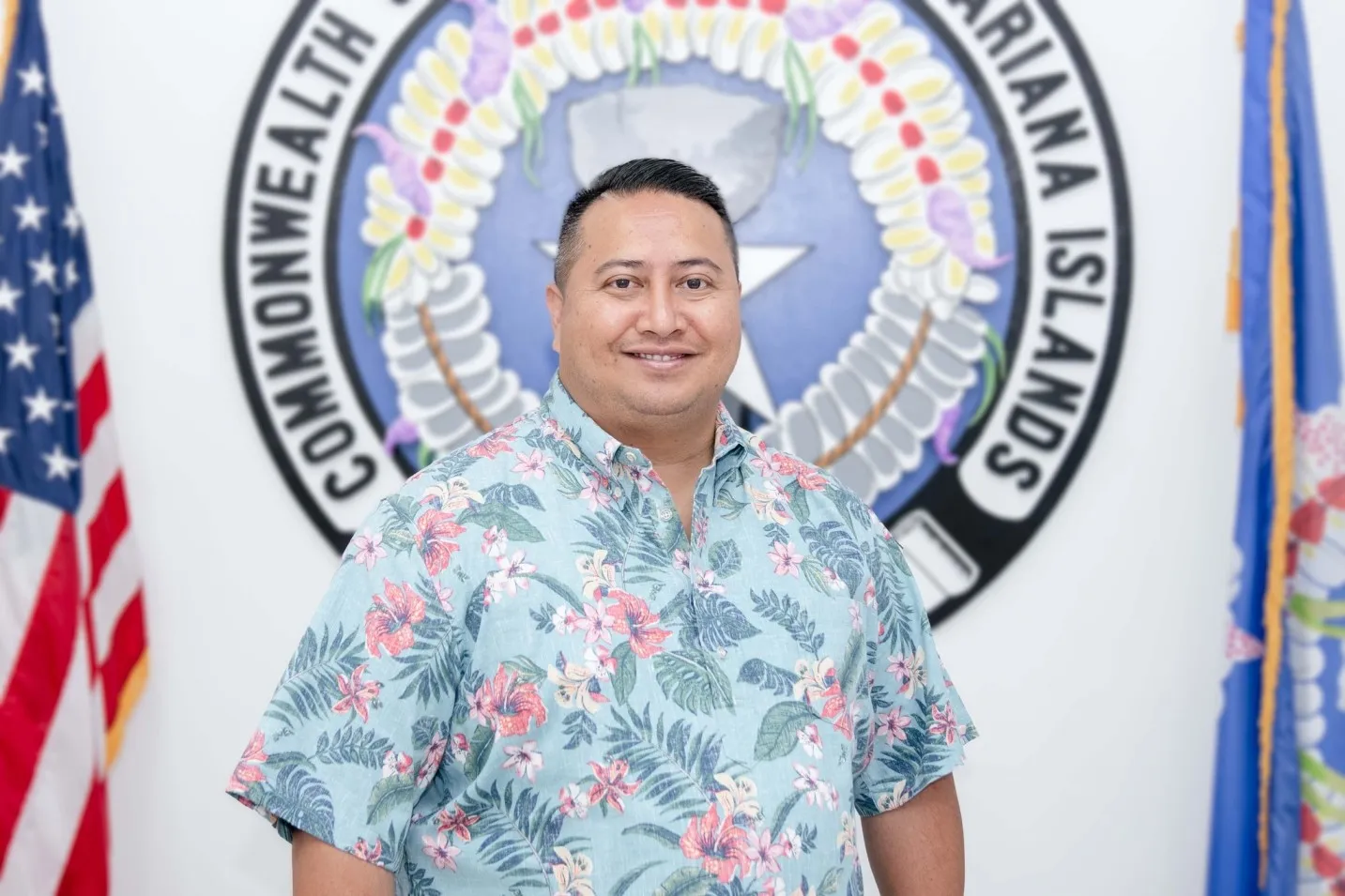THERE is no “war on drugs” in the U.S., according to an online commentator of The Wall Street Journal. (You’ve to be a paying subscriber — $38.99/month — before you can post a comment. And you must use your full and real name.)
A real “war on drugs,” the online commentator says, was waged by China’s Communists when they took over in 1949. The Reds “executed around 200,000 opium addicts who failed to quit the habit.”
Over two years ago, The Economist reported that “China’s strong-arm approach to drug addiction does not work….” And what is that approach?
“Many traffickers are among the thousands of people executed annually. Sometimes they are paraded beforehand at public sentencing rallies. Attendees at these grim spectacles include busloads of schoolchildren. Drug users may be punished on the spot by police.”
In the Philippines, in Sept. 1972, President Ferdinand E. Marcos declared martial law and assumed dictatorial powers. He said his goal was to demolish the “oligarchs,” eradicate graft and corruption, crack down on crime, empower the people, implement badly needed reforms, and create a “new society.” To show he meant business, his military executed, by firing squad, a 52-year-old Chinese drug lord who had been caught with 34.75 pounds of heroin (worth about $2.8 million today). The drug lord’s well publicized execution was supposed to be the beginning of the “end” of the “drug menace” in the P.I.
In 2016, a Philippine presidential candidate vowed to wage a “real” war on drugs. “If I become president,” he said, “there’s no such thing as bloodless cleansing. I propose to get rid of drugs within three to six months.” The candidate, Rodrigo Duterte, won by a landslide. Because the Philippine president is constitutionally barred from seeking re-election, Duterte’s term ends on June 30, 2022. (The current frontrunner in the election set for May 9, 2022 is the son of the late former President Marcos.)
From Reuters:
“Shock and awe” has failed in Philippines drug war, enforcement chief says
From Rappler:
After 5 years of PH drug war, shabu [meth] still a major problem – UNODC [United Nations Office on Drugs and Crime]
Meanwhile, in New York City:
“A man addicted to heroin, who otherwise would have injected himself alone, visited one of the country’s first authorized locations to use drugs with supervision in early December. He had a job interview later that day, hoping to earn two paychecks by Christmas so he could afford gifts for his children…. But when he drew the drugs into his veins, he began to nod off and go pale, a sign of what could have been a lethal overdose. The trained workers sprang into action, giving him oxygen. He quickly came to….”
“In nondescript commercial buildings in Washington Heights and East Harlem,” the Washington Post reported, “workers watch people use illegal drugs and step in when they overdose, a solution to the drug crisis once considered too fringe to operate in the open.”
The Post added,
“In a 12-month period that ended in April 2021, more than 100,000 Americans died of drug overdoses, an all-time high in a crisis exacerbated by the coronavirus pandemic, when many were isolated. The people who use…privately funded sites, operated by the nonprofit OnPoint NYC, say they otherwise would have used those drugs by themselves at a park, public restroom, subway station or at home….
“Since the authorized service began operating Nov. 30, organizers say workers have reversed 76 overdoses, a small victory at a time when the nation is reporting a record number of fatal overdoses amid the coronavirus pandemic.”
OnPoint NYC is “waging war” — but on death not people.
The organization’s critics say “resources would be better used for treatment programs,” the Post reported, but as Sam Rivera, OnPoint NYC’s executive director, would put it, “If people aren’t alive, they can’t participate in treatment.”
The Post said “Rhode Island legalized safe consumption facilities in July and is developing regulations for them, and similar legislation is under consideration in California. San Francisco Mayor London Breed (D), who this month declared a state of emergency in a neighborhood beset by drug use, has said a facility could be opened in her city as early as spring.”
Alex Kral, an epidemiologist with RTI International, has researched one of these sites and visited the New York locations before they opened, the Post said.
“People are trying to see if the sky has fallen or not,” Kral said three weeks after the sites opened. “Did the sky fall? No, it didn’t fall.”
Send feedback to editor@mvariety.com











